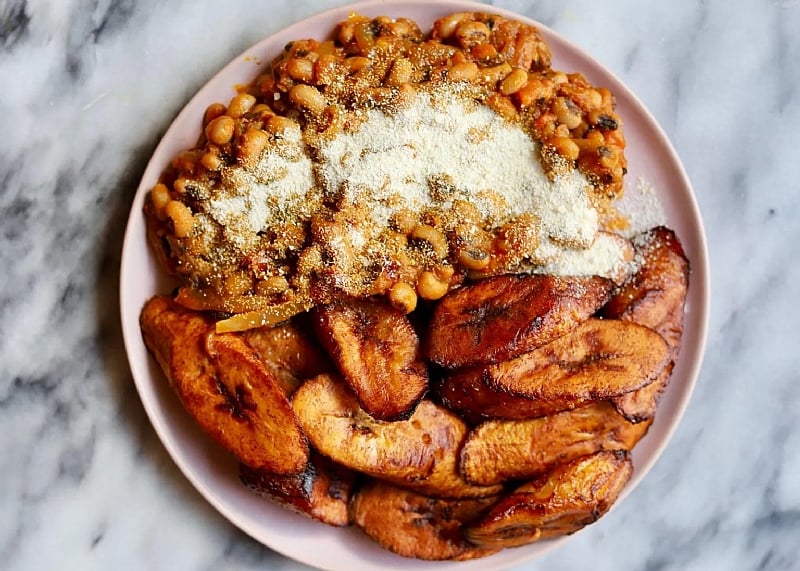The escalating cost of food, particularly staple ingredients like dried pepper and beans (collectively known as “gob3”), is placing an immense strain on Ghanaian households, especially in the aftermath of the holiday season. The Ghana Statistical Service (GSS) Consumer Price Index (CPI) paints a stark picture of this crisis, revealing a staggering 93.6% year-on-year increase in dried pepper prices and an 82.3% surge in bean prices. These dramatic increases are severely impacting the affordability of gob3, a traditionally economical and protein-rich meal relied upon by many, particularly during lean times. The timing of these price hikes exacerbates the financial burden faced by families as they navigate the typically challenging month of January, often referred to as the “longest month” due to the post-holiday financial strain. This confluence of factors has created a precarious situation for many Ghanaians who are struggling to access even the most basic necessities.
The significance of gob3 in the Ghanaian diet extends beyond its affordability. It represents a cultural touchstone, a familiar comfort food, and a vital source of protein for many families. The dramatic price increases are transforming this staple from a readily available source of sustenance into a luxury item, forcing families to make difficult choices about how to allocate their limited resources. The escalating cost of dried pepper, a crucial ingredient in numerous Ghanaian dishes, is further compounding the problem. Its 4.5% month-on-month price increase, coupled with the staggering year-on-year surge, underscores the severity of the situation and its widespread impact on the culinary landscape of the nation. This makes preparing even simple meals a financial burden for many households.
The plight of gob3 symbolizes the wider systemic challenges plaguing Ghana’s food system. While the 3.1% month-on-month decrease in bean prices offers a glimmer of hope, the overall upward trend in food costs remains deeply concerning. This instability highlights the vulnerability of the food supply chain to various factors, including seasonal fluctuations, supply disruptions, and escalating production costs. The reliance on imported goods further exposes the country to global market volatility, making it crucial to strengthen domestic production and improve the resilience of local food systems. The current crisis underscores the urgent need for comprehensive strategies to address these underlying issues and ensure food security for all citizens.
Addressing this crisis requires a multi-pronged approach that tackles the root causes of food price inflation. Experts suggest several key interventions, including substantial investments in storage facilities to minimize post-harvest losses, which currently contribute significantly to food scarcity and price increases. These facilities would allow for better preservation of harvested crops, ensuring a more consistent supply throughout the year and mitigating the impact of seasonal variations on prices. Furthermore, subsidies for farmers could help lower production costs, making food more affordable for consumers while also supporting the livelihoods of those who produce it. This support could take the form of financial assistance, access to improved farming technologies, or subsidized inputs like fertilizers and seeds.
Improvements in transportation networks are also crucial for streamlining the distribution of food products across the country. Efficient transportation systems would reduce spoilage during transit, ensure that goods reach markets quickly, and minimize price markups associated with logistical challenges. This could involve investments in road infrastructure, as well as support for the development of more efficient transport systems, including refrigerated trucks for perishable goods. By addressing these logistical bottlenecks, the government can ensure a more stable and affordable food supply for all citizens, regardless of their location.
Ultimately, strengthening local food production and reducing reliance on imports are paramount for long-term food security. This requires a concerted effort to support local farmers, promote sustainable agricultural practices, and invest in research and development to improve crop yields and resilience. By bolstering domestic production, Ghana can reduce its vulnerability to global market fluctuations and ensure a more stable and affordable food supply for its population. This shift towards self-sufficiency would not only mitigate the impact of rising global food prices but also stimulate economic growth and create employment opportunities within the agricultural sector. The current crisis, while challenging, presents an opportunity to rethink and reshape the nation’s food system, paving the way for a more secure and sustainable future.


